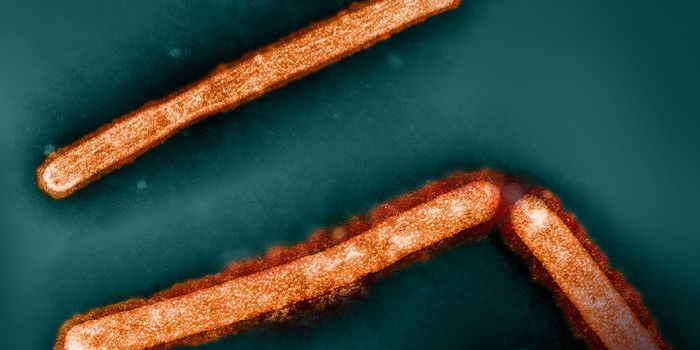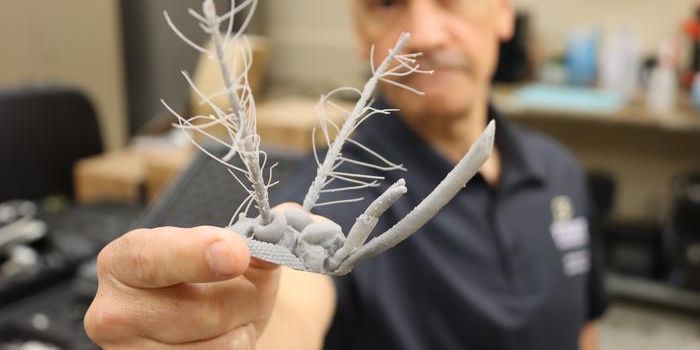Do Tasmanian Devils Hold the Key to Tumor Inhibition?
Thanks to a historic cartoon character, Tasmanian devils are commonly regarded as cantankerous and ferocious creatures. Thankfully, this animated caricature is mostly inaccurate, and now, this iconic species could help cancer researchers developing treatments for humans. The results of a study from Washington State University (WSU) and the Fred Hutchinson Cancer Research Center (also known as the "Hutch”) were published earlier this month in Genetics.
According to WSU, this new research shows hope for Tasmanian devils, a species threatened with extinction by a transmissible cancer. Referred to as “devil facial tumor disease (DFTD),” the study states that nearly every infected devil dies. WSU reports that DFTD spreads between animals when they bite each other during interactions. The Hutch says that the disease originated in the mid-1990s, and a second infectious facial tumor arose in 2014, pushing the species even closer to extinction. Additionally, the Hutch states that “truly infectious” tumors are rare, and only a few other examples have been documented.
Luckily, as WSU reports, the devils are easy for researchers to handle, allowing for humane capture, tissue sampling, and tagging for future monitoring. This has allowed what WSU calls “an unprecedented opportunity” to watch the tumors evolve over time and regress naturally. Lead researcher Andrew Storfer, professor at WSU, said, “Although this disease is largely fatal, we’re seeing tumors just disappear from an increasing number of individual animals.”
This study discovered a single genetic mutation allowing the regression of the transmissible cancer of Tasmanian devils. WSU states that the team was surprised to find that this mutation doesn’t change how the gene functions, but “turns on a gene that slows cell growth in the tumor.” According to the Hutch, the research team narrowed in on RASL11A to uncover what is known as a “regulatory” mutation. In tumors that had not regressed, RASL11A was “off.” In tumors that had regressed, the mutation was “on.”
This discovery is vital to Tasmanian devil conservation, but also may apply to human cancer treatments. Dr. David Hockenbery, a cancer biologist at the Hutch who contributed to this study, told WSU reporters that current human cancer treatments aim to reduce every trace of a tumor. He states that this is often through toxic or debilitating treatments and that, “if there were ways that [human] tumors could be tricked into regressing without having to administer cytotoxic drugs or deforming surgeries, it would be a major advance.” According to the study, the RAS pathway is frequently altered in human cancers, and manipulating this specific gene may be viable for tumor inhibition in humans.
Sources: Washington State University, Fred Hutchinson Cancer Research Center, Genetics










